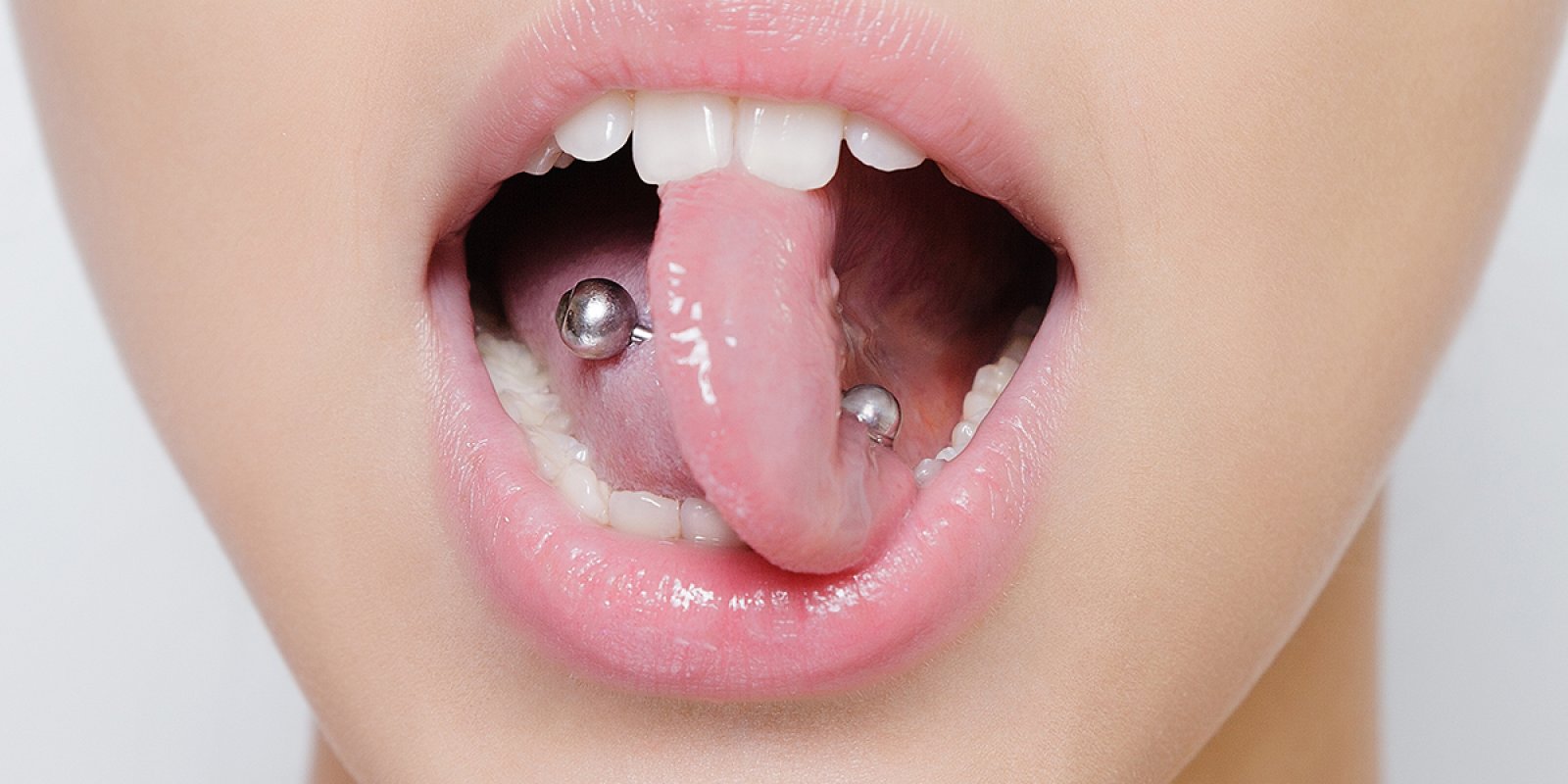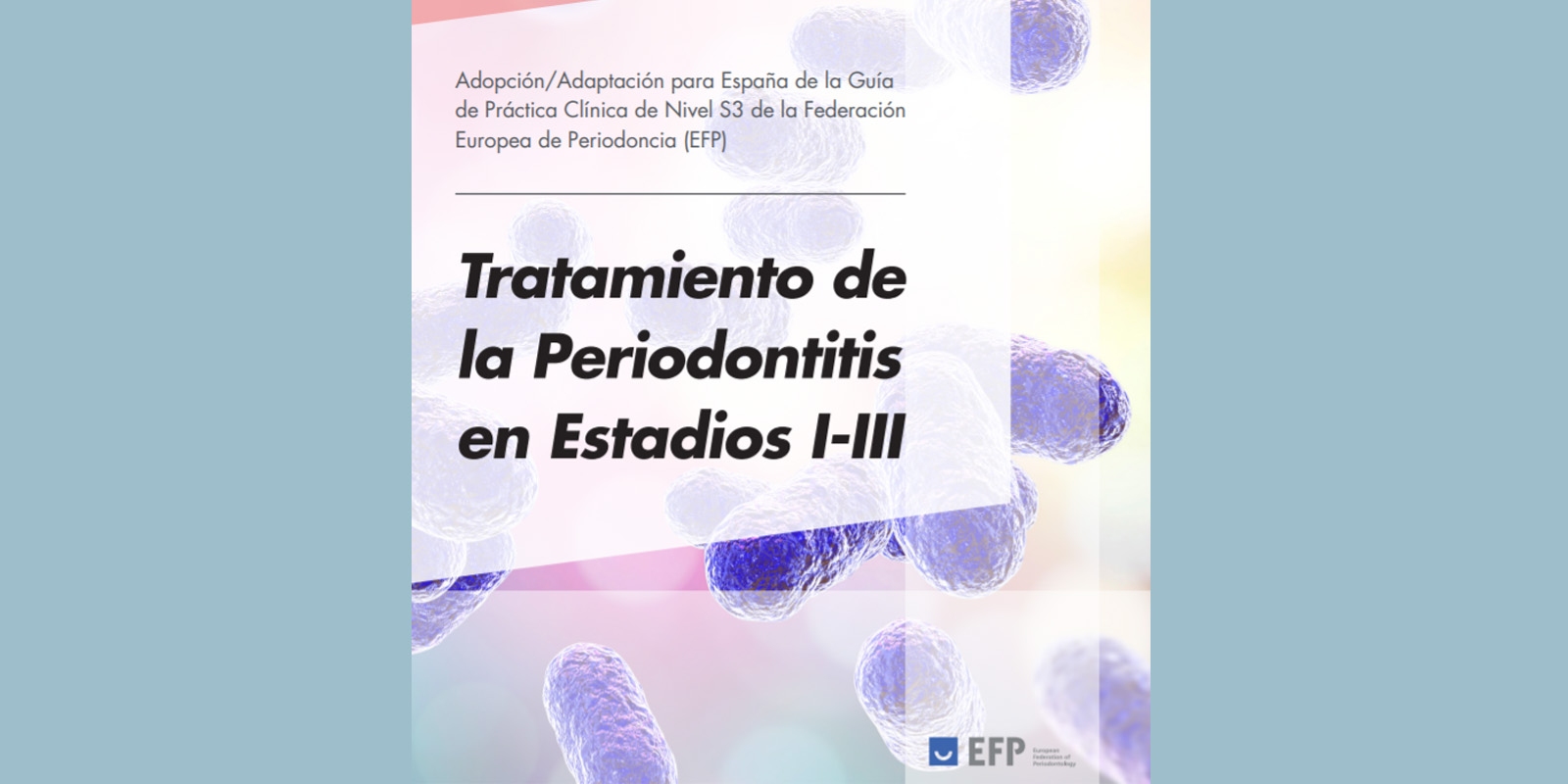DENTAID EXPERTISE
News for dentistry professionals
Oral and perioral piercing

Piercing is fashionable, but the practice is not free of complications, and this must be conveyed to our patients. The American Dental Association (ADA) opposes oral piercing of the tongue, lips and cheeks and warns the public of its risks. Dental hygienists must adopt a preventive attitude towards this practice and warn patients of the possible complications that it entails, both orally and periorally.
Let us begin by commenting on the complications that appear at the time of piercing. The most common are pain and inflammation. The latter, which may affect the [lymph] nodes located under the chin and jaw, begins within a few hours of the piercing and may last up to 3-5 weeks.
If the jewellery is inserted in the tongue, which is highly vascularised and innervated, the perforation may cause some bleeding, and may also alter sense of taste and some motor functions if a nerve is affected.
Local infection of the area where the jewellery is inserted occurs in approximately 15% of all cases, and there is also the risk of bacteraemia; so, it is very important to act upon any possible local and general signs and symptoms (pain, fever, erythema and local inflammation) during the first few days following the piercing.
Problems may also occur when speaking, swallowing or chewing, and piercing may even cause halitosis, since it favours the build-up of bacterial plaque, or biofilm.
DENTAL & ORAL COMPLICATIONS
We should discuss the possible dental, periodontal and soft tissue-related complications:
• Dental: wear, breakage and abrasion of the hard tissues due to contact and repeated trauma that the jewellery causes to the teeth.
• Soft tissues: erythematous mucosa, ulcers, abscesses and lingual oedema, and fissures along the midline of the dorsal surface of the tongue.
• Periodontal: piercing favours the build-up of plaque, and together with the possible trauma to the gums, this fosters favourable conditions for gingival recession. The risk of suffering this complication is even greater if the wearer is a smoker.
A perforation located in the mouth may cause excess growth of the damaged tissues and the formation of scar tissue, which together with the inflammation may cause the piercing to become encompassed by the mucosal tissue.
Recommended care for piercing
• Clean thoroughly, particularly during the first six weeks after perforation and especially after eating or drinking.
• Handle with clean hands and rinse daily with an antiseptic mouthwash after meals.
• Perform oral hygiene daily by brushing teeth and interdental spaces, as well as the piercing itself, since the control of biofilm build-up will help prevent possible complications.
RELATED ARTICLES

17 Feb 2022
EuroPerio Series: professional discussions and scientific exchange
To keep the global perio community up to date with the latest research findings as well as give a taster of what is to come at EuroPerio10, the…

21 Jan 2022
Xerostomia in COVID-19 positive patients: clinical considerations
Severe Acute Respiratory Syndrome Coronavirus 2 (SARS-CoV-2) the cause of the pandemic known as COVID-19, affects different organs and systems (lungs,…

20 Jan 2022
A guide adapted to Spain to optimise the approach to periodontitis
There are currently numerous clinical practice guidelines to direct the treatment of many systemic diseases (such as diabetes, depression,…
Sign up for the DENTAID Expertise newsletter
Sign up for the newsletter